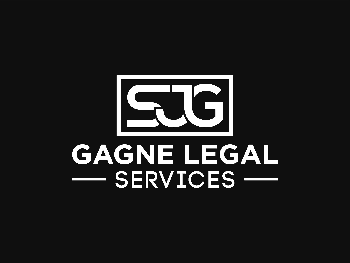[ad_1]
Types of websites-
The websites can be divided into two broad categories.
A) On the basis of functionality. B) On the basis of the purpose.
A) On the basis of functionality -In this category, we consider the functionality of the sites as an important factor. Here functionality means how the visitors will interact with the website? Does this site require dynamic content which gets updated over time? Which types of devices (e.g. desktop, mobile, tablet etc) the users are using?
1) Static –
a) Static websites are those sites which once hosted on the web server are not open to changes by the end-user i.e. website owner.
b) Content is static in nature i.e.the information is not changed over time.
c) They are inexpensive and consume less time to build, but they are proved to be costly in the long run.
d) They are built in HTML and CSS.
2) Dynamic –
a) Dynamic websites are those sites which once hosted on the web server are open to change by end users. Dynamic websites come with cpanel also known as a control panel or CMS.
b) Content is dynamic in nature – i.e. there is need to change information over time.
c) These are expensive and more time-consuming to build as compared to static websites. But they are proved to be cost-effective in the long run.
d) It requires a lot of coding in PHP, ASP.net to build a dynamic website.
3) Responsive –
Responsive websites provide optimal viewing experience in the various devices ranging from desktop computers to the mobile phone.
In responsive website, the page view layout changes according to size and compatibility of the devices. The users experience easy reading and navigation with a minimum resizing and scrolling in various devices.
e.g. in mobile phone user see the website in single column and a tablet user sees the same content in two columns.
4) Mobile –
Mobile websites are perfectly optimized for mobile platform particularly for a 4 inch mobile screen, e.g. m.domain.com.
B) On the basis of the purpose-
Before building a website, everyone has a purpose for making it. On the basis of our purposes,we can classify the websites into Personal website, Business website, E- commerce, Search Engine, Informational websites and Social Media Web.
1) Personal –
Personal websites are created to showcase ones’ talent or for a specific occasions e.g. photography, wedding,resume etc. These are not made for lead generation and profit maximisation.
2) Business –
Business websites are used by a business organisation for lead generation and profit maximisation. As soon as the purpose of the personal websites become lead generation and profit maximisation, we can also call this personal website as a business website.
3) E-commerce –
E-commerce websites are created for buying and selling of products or services over the internet. e.g. http://www.flipkart.com
Differences between business and e-commerce website.
a) In business websites, there is only one brand but in e-commerce, there are multi brands.
b) Business websites do not run advertisement whereas advertisement is a major source of income in e-commerce websites.
c) Business websites may or may not have payment gateway but e-commerce websites always have payment gateway as financial transactions take place in e-commerce.
4) Search Engine-
Search Engine websites are those websites in which a user type his query and search engine will show relevant result indexed in that search engine database. e.g.Google.com, yahoo.com, duckduckgo.com
5) Social Media –
Social media websites are used by a user to communicate with one another, sharing pictures, videos, music, games. Social media websites are Web2.0 websites i.e. they do not have their own content they have UGC (User Generated Content), e.g. Facebook, Twitter, Instagram, YouTube,Pinterest, LinkedIn etc.
6) Informational –
Informational websites provide information and discuss a particular topic, interest, group etc. The examples are as follows.
a) Wikipedia
b) Yahoo answers
c) Quora.com
d) Blog – Blog is a part of the informational site over world wide web consisting informational in post having reverse chronological order.
e) Directory – e.g. justdial.com askme.in
f) Portal – e.g. gsmarena.com, cardekho.com,zomato.com
g) Forum – Forum is an online platform where the people can discuss in the form on posting messages.
For more information please visit http://www.digitalmediaad.com
[ad_2]
Source by Rakesh Mishra
